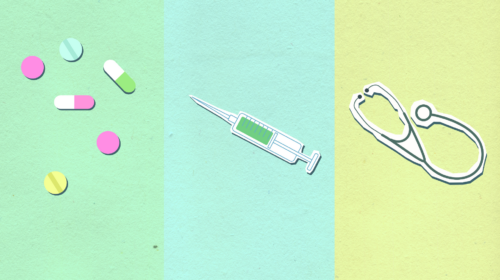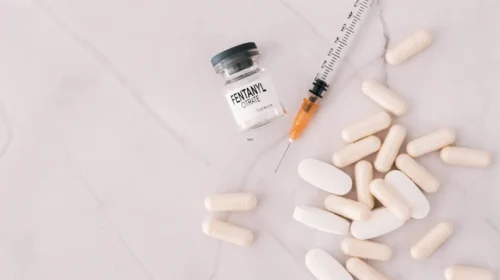If you or your loved one are in recovery, you already know that the possibility of addiction relapse is always there, to one degree or another. The National Institute on Drug Abuse reports that first-year relapse rates for those recovering from substance use disorders are between 40 and 60 percent, which is indeed similar to relapse rates for other chronic diseases such as diabetes, hypertension, and asthma. When you factor in the emotional stress and challenges to care brought on by the pandemic and an increasingly divided cultural and political climate, it becomes even easier to understand how people in recovery can experience setbacks these days.
It’s important to realize that even when you or your loved one suffers a relapse in addiction recovery, it’s not the end of the world or your sobriety. Here are some steps you can immediately take to get back on track with your recovery after relapse.
Say Something
Tell your sponsor, someone in your support system, or who is at least familiar with your recovery, what happened, and let them help you. Whether you just need someone to talk to or assistance getting back into treatment, giving the incident voice and bringing it into the light of day lets others know you need help. It eliminates the self-imposed shame, guilt, or secrecy you may feel when something like this happens. Tell them exactly what happened, including what drugs you took, when, and where.
Go to A Meeting
Get to a local meeting immediately. Meetings offer accountability and support; they can provide a lifeline to logistical support to get back into treatment. Lean on other group members to help you get back into a program. If it’s hard to get into your old treatment center, contact a nearby facility for an immediate assessment and verification.
Don’t Beat Yourself Up, Get Yourself Help
Instead of torturing yourself or trying to rationalize your relapse, accept that it happened and make the commitment to safely and comfortably explore the reasons why with the help of your care team and therapist. Getting yourself back into treatment is critical to helping you put your addiction relapse behind you. It helps you identify new and existing vulnerabilities while surrounding you with a supportive community.
Know the “Why?” of Your Addiction Relapse
Addiction relapse is usually triggered by something specific, whether it’s something as immediate and sudden as coming into contact with alcohol or drugs at a party, or something deeper, like a series of bad days, trauma, depression, or anxiety. It’s important to understand the circumstances that led to your relapse so you can take steps to avoid them in the future.
Develop Healthy Habits
Build on the healthy habits you’ve already started cultivating in recovery. Keep focusing on your relationships, your diet, your mental health, and your fitness. These pillars of wellness will help you feel better on a daily basis, both physically and emotionally, so you can further insulate yourself from the possibility of relapse.
Build A Great Life
As simple as this sounds, it’s important to build a life that is more enjoyable than using drugs or alcohol. This means continuing to do the work, figuring out what keeps you happy and healthy, and cultivating a life worth living. The more you enjoy life, minute-to-minute, and day-to-day, the less you will need to escape it. If you or your loved one has experienced relapse, Recovery Unplugged is ready to help you get back on track with your recovery, your future, and your life.

























